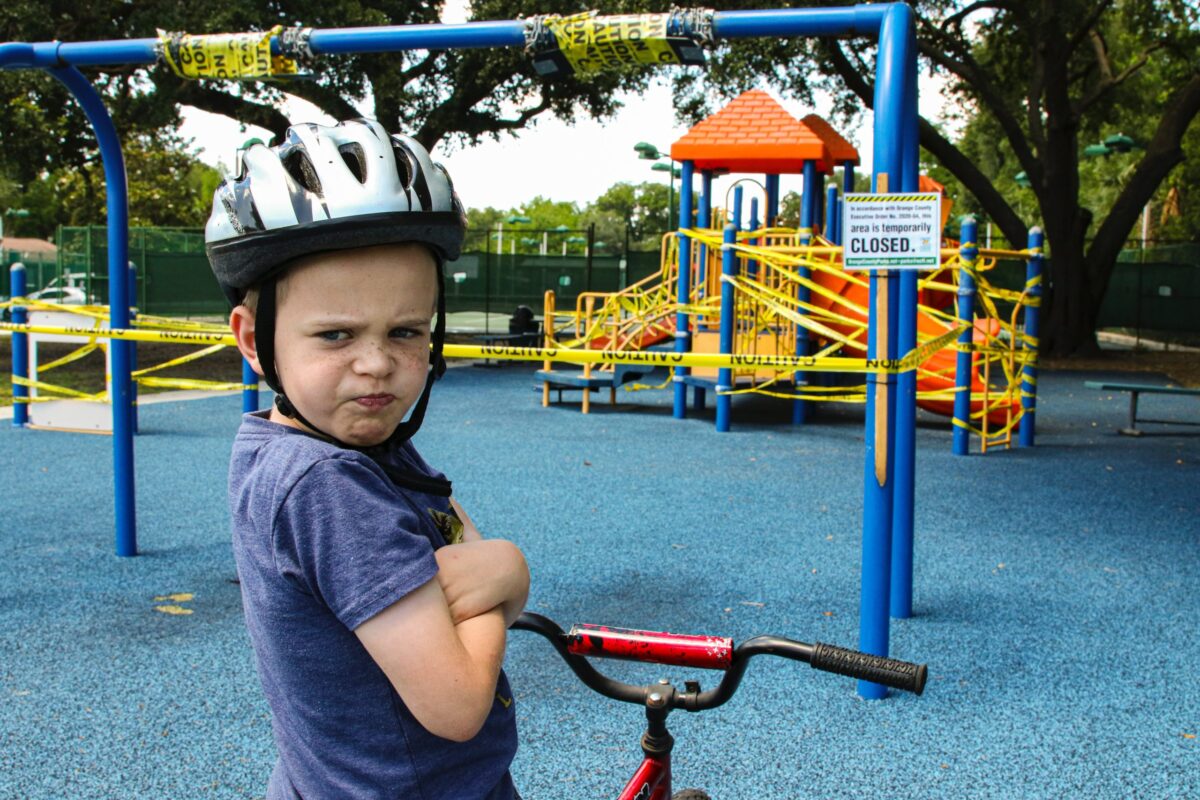Corporate culture is so much more than parties and snacks, but it is also that too. Maybe it’s time to rethink how, as leaders, we lead the way for our corporate social culture. After all, what happens in the office party does spill into the boardroom and overflows into the rest of the corporate culture – it is inevitable. There is no invisible wall between the two, any more than there is between the silos in our departments that we try to break down.
Every day I speak to busy stressed executives. They are concerned about how much they drink. They try to moderate the amount of alcohol they consume, and often struggle to do so effectively. When it comes to corporate social events, their concerns are multiplied.
Much of our society revolves unquestioningly around alcohol, and it’s time that we ask ourselves whether our corporate social culture does as well. At the very least we should make an intelligent and informed decision about the role that alcohol plays in our corporate culture. Perhaps we should also question the relationship we have with addictive substances and behaviors generally.
There are two worlds when it comes to alcohol, and they couldn’t be more different. There is the bravado of the social elixir which few stop to question, and then there are the hushed tones as some gather at a coffee machine zoom to ask whether senior executive A, or vice president B has a problem ‘handling their drink’ or are ‘overdoing it’.
We have a blind spot. It’s no one’s fault. And the blind spot lies right between the bravado and the hushed tones.
As a leader and strategic thinker, it’s my job to expose those blind spots, shine a torch, offer some focus, and open up the discussion, so that both sides of the alcohol world meet in the middle where the truth resides.
The Alcohol Blind Spot
The blind spot is that over 12% of all of the executives have a problem with alcohol and the percentage is higher when we add in other addictive drugs and substances. In a report in Global Advances in Health and Medicine, over 98% of executives surveyed suffered from stress, and over 50% of executives reported having a high-stress level.
There is a direct link between addictive behavior, stress, and being a highly motivated individual. The truth is that highly motivated people become highly motivated drinkers, albeit it that they are high functioning and problems may be well hidden. That is the way the science of our biology works. Addiction cannot exist without motivation. The cycle of stress and feelings of lack motivate us to try to fill the void, and alcohol and nicotine, for example, hijack our natural motivational biology.
The end result is a taboo issue that leads to guilt, shame, and internal struggles. It leads to a loss of self-esteem and more stress.
People get addicted to addictive substances, and that is inevitable. It is certainly not the fault of the individuals who seek to relieve stress or feel better at the end of the day. It is, however, the responsibility of those same individuals to open their eyes to the problem and to seek change. It is also the responsibility of corporate leaders to shape the corporate culture.
The Addictive Drug of Choice
Alcohol is a highly toxic, highly addictive, psychoactive drug. A study published by the World
Heart Federation in January 2022 clearly states this as does WebMD in the same month as it summarizes findings.
“The portrayal of alcohol as necessary for a vibrant social life has diverted attention from the harms of alcohol use, as have the frequent and widely publicized claims that moderate drinking, such as a glass of red wine a day, can offer protection against cardiovascular disease,” Monika Arora, member of the WHF advocacy committee and co-author of the brief, said in a news release.
“These claims are at best misinformed and at worst an attempt by the alcohol industry to mislead the public about the danger of their product,” Arora continued.
The content in red wine frequently reported as ‘good for you’ is resveratrol. This is also found in the skin of red grapes and blueberries, but without the addictive toxins that come with the main ingredient of alcohol, ethanol.
The Values of Corporate Culture
Corporate culture sets the tone for the embedded values, behaviors, and attitudes of everyone who looks forward to the organization’s future, ideally in synchronization, and inspired action.
Alcohol competes with Maslow’s hierarchy at the lowest levels. It occupied the time of those who reach for a stressed drink after work. Alcohol robs people of sleep, professional and personal effectiveness, happiness, and trusting close relationships. The worst of it is that it is diametrically opposed to the values of the individual who values authenticity, control, inner strength, and success. Alcohol wrecks lives. It wrecks businesses.
When we consider the corporate culture of our organizations, we cannot exclude the social corporate culture of our organizations. As leaders, we need to consider the foundations we set, and the values we uphold. This links directly to the authenticity with which we choose to lead our organizations and our lives.
Concerned executives, book your Calibration Call HERE
Women, join my Masterclass HERE
Collaborating colleagues, Let’s Connect







